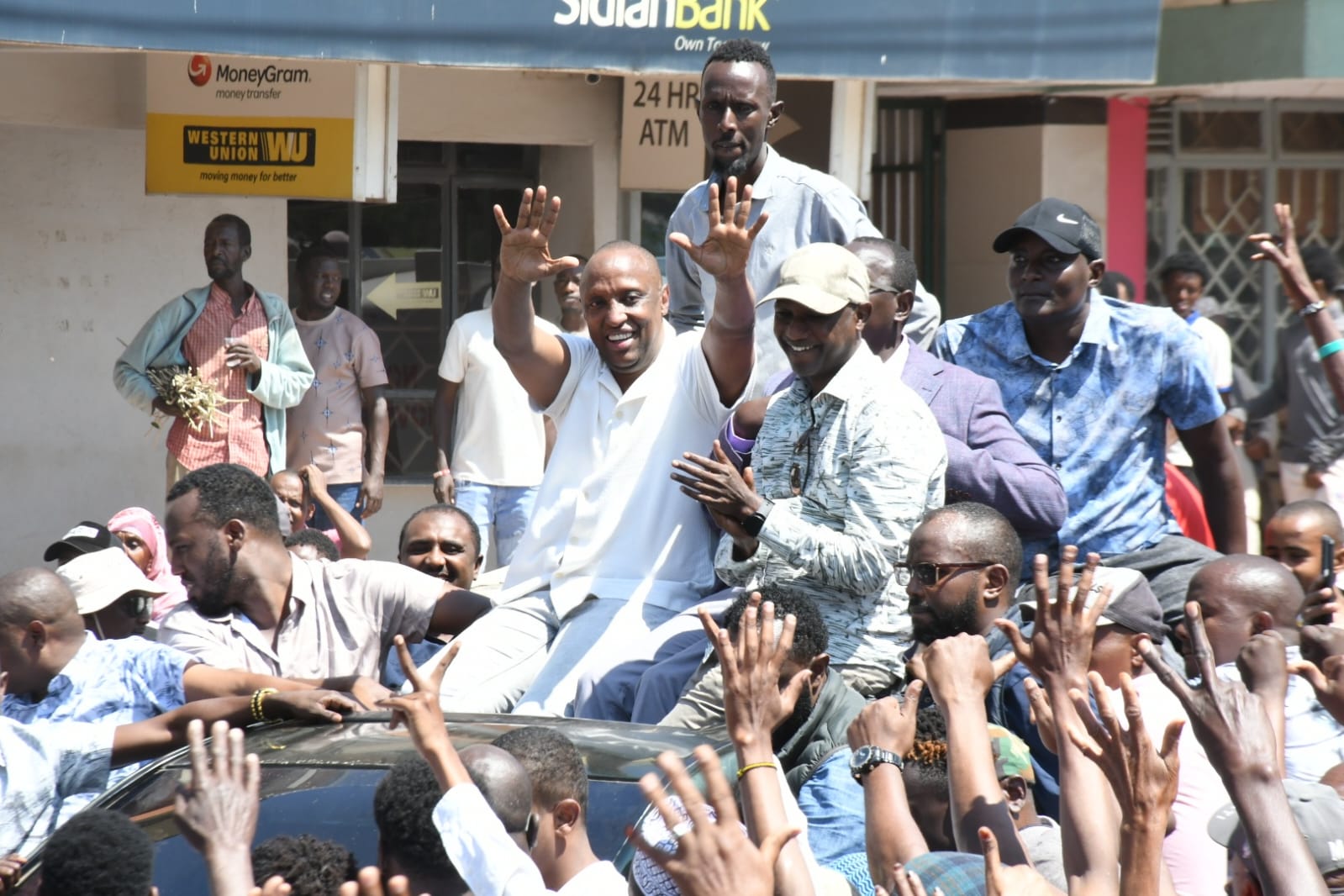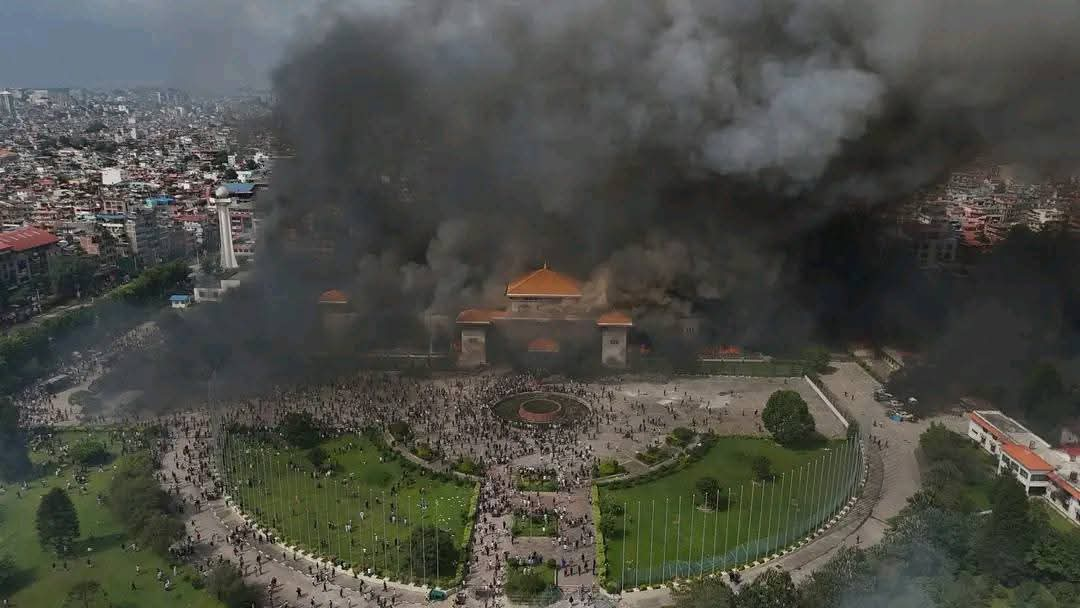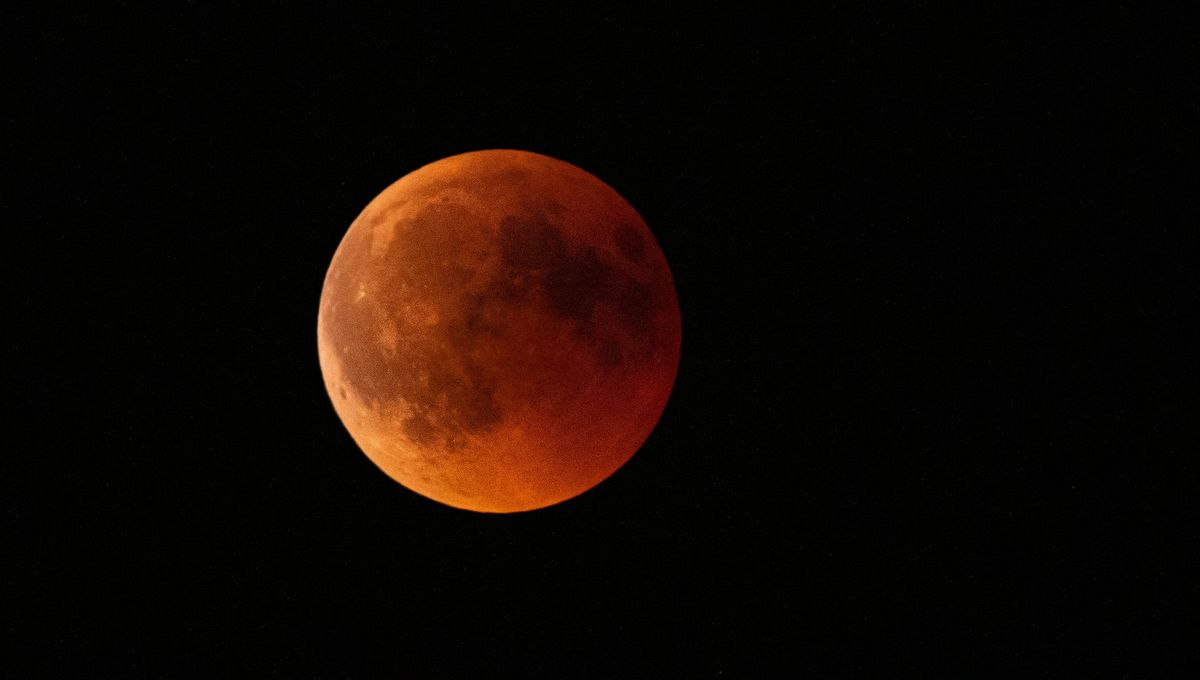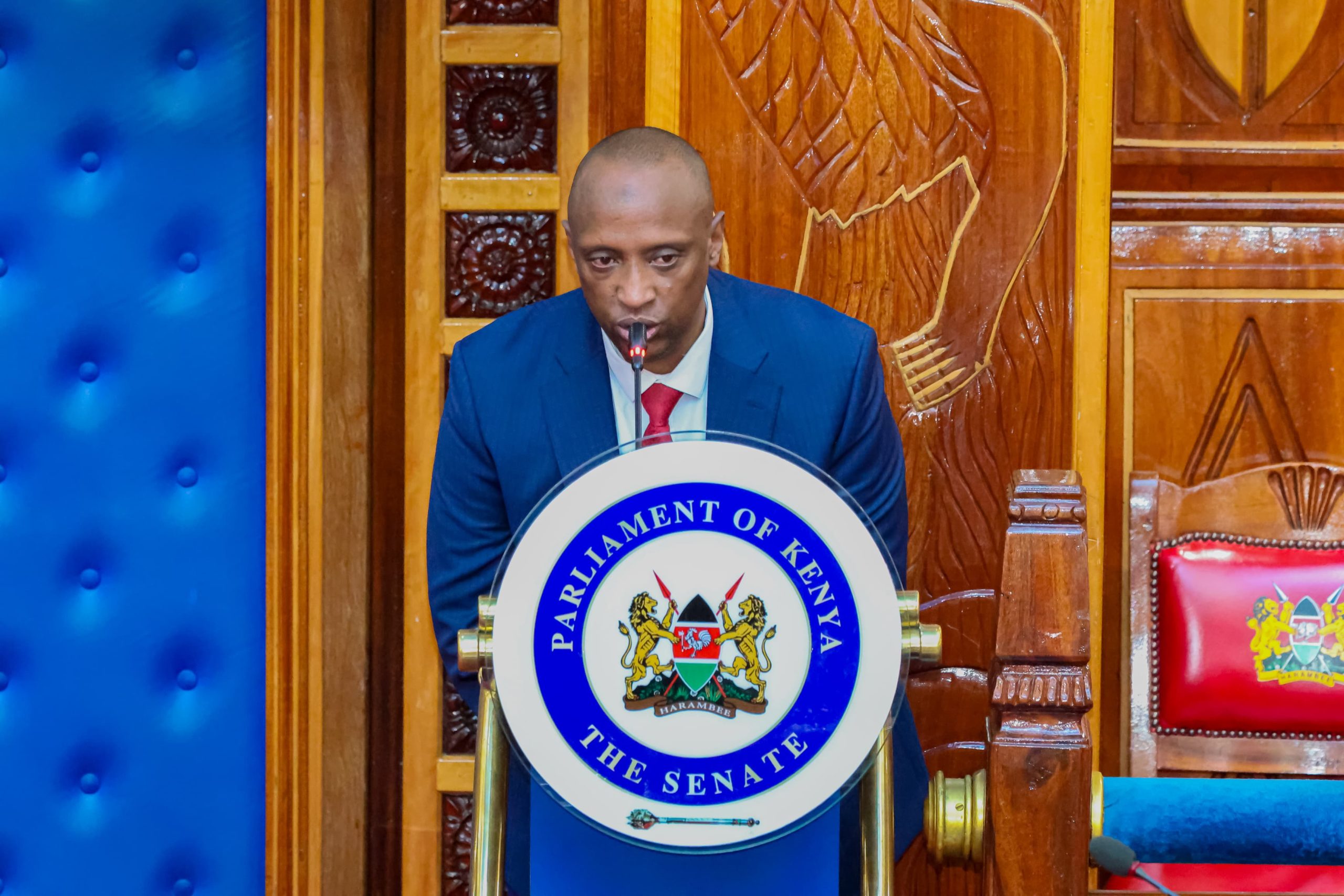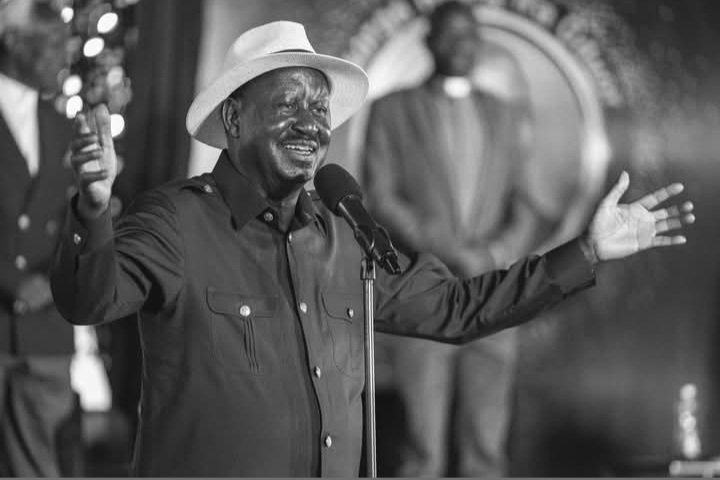In the heat of a political storm that threatened to upend his administration, Governor Abdi Guyo faced one of the gravest challenges of his career, an organized plot to impeach him, engineered by forces determined to derail Isiolo’s newfound stability. What unfolded was not just a political tussle but a test of leadership, strategy, and endurance.

The impeachment attempt was no ordinary rebellion. It was a meticulously choreographed coup, pushed and funded by external interests that sought to unsettle the county’s leadership. Behind the scenes, a few political allies turned adversaries joined the fray, choosing personal ambition over collective progress. Yet, in the chaos, Governor Guyo chose calm over confrontation. He refused to be drawn into public theatrics, opting instead for calculated silence, strategic patience, and quiet diplomacy.
His response was not reactive but deliberate. As the plot thickened and members of the County Assembly were ferried across the country to keep them from engaging with him, Governor Guyo remained anchored. He turned to the rule of law, moving to court to challenge the process. When the Embattled former Speaker, expected to be an impartial referee, chose sides and proceeded despite a court order, the Governor held his ground. His confidence in institutions paid off when the Senate eventually threw out the motion after the MCAs failed to prove that an actual sitting to debate the impeachment had ever taken place.
When Speaker Amason Kingi pronounced the decision, his words carried a profound message: “Build bridges and unite Isiolo.” That message marked a turning point. Governor Guyo emerged not only vindicated but politically reborn. His comeback was not defined by revenge or triumphalism, but by reconciliation and renewal.
Rather than isolating his critics, the Governor extended an olive branch. He reached out to members of the County Assembly, seeking to rebuild trust and refocus on service delivery. His former allies, who had chosen confrontation, doubled down on division, but the Governor refused to take the bait. In a defining act of restraint, when tensions boiled over at the County Assembly, he advised his allies to relocate their sittings to Oldonyiro, a move that underscored his commitment to peace over political drama.
By the time Mashujaa Day arrived, Governor Guyo had regained the moral and political high ground. Addressing the people of Isiolo, he made his position unmistakably clear: unity is not a slogan but a lifeline. He called on leaders across political divides to put aside their grievances and focus on development, reminding them that the people’s welfare must always come before politics.
Governor Guyo’s survival was not accidental. It was the product of experience, composure, and conviction. His handling of the impeachment crisis revealed a statesman who understands that leadership is not about outmuscling opponents but outlasting chaos with clarity and purpose. In a county long defined by divisions, his renewed emphasis on unity could become the turning point that transforms Isiolo’s political culture.
If there is a lesson in his journey, it is that leadership tested by adversity often emerges stronger. Governor Guyo’s ordeal was not merely about saving a seat, it was about safeguarding stability, restoring faith in governance, and reminding Isiolo that unity remains the bedrock of progress.






